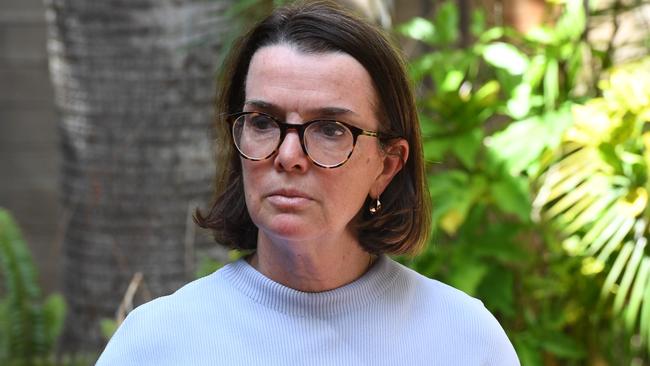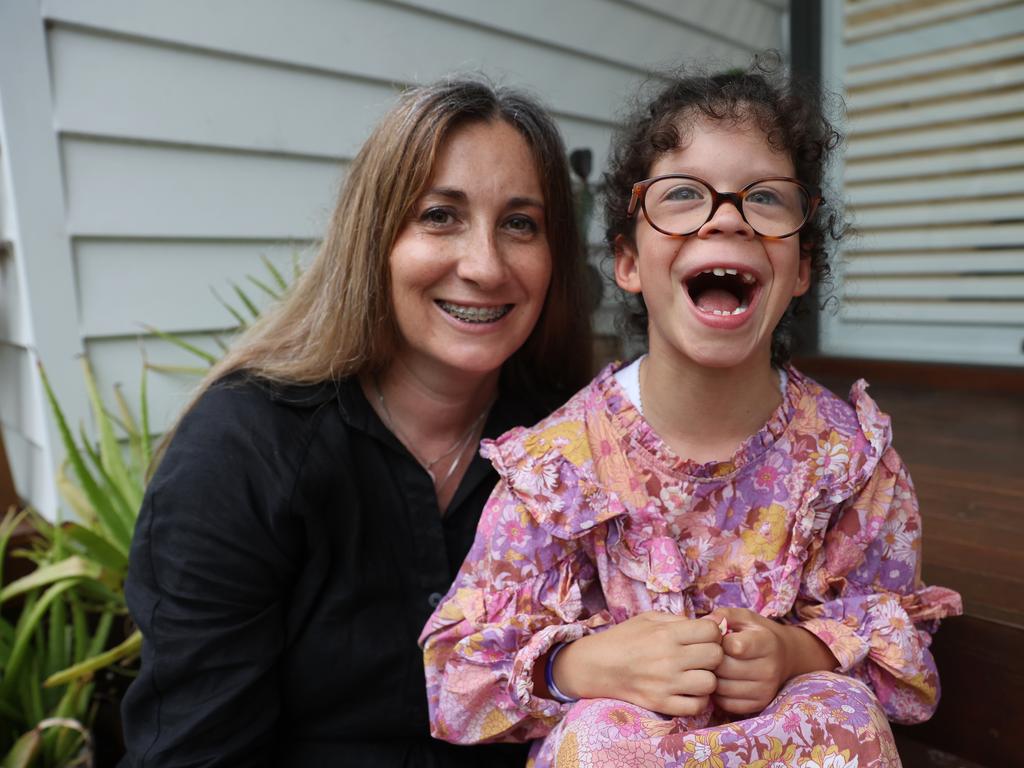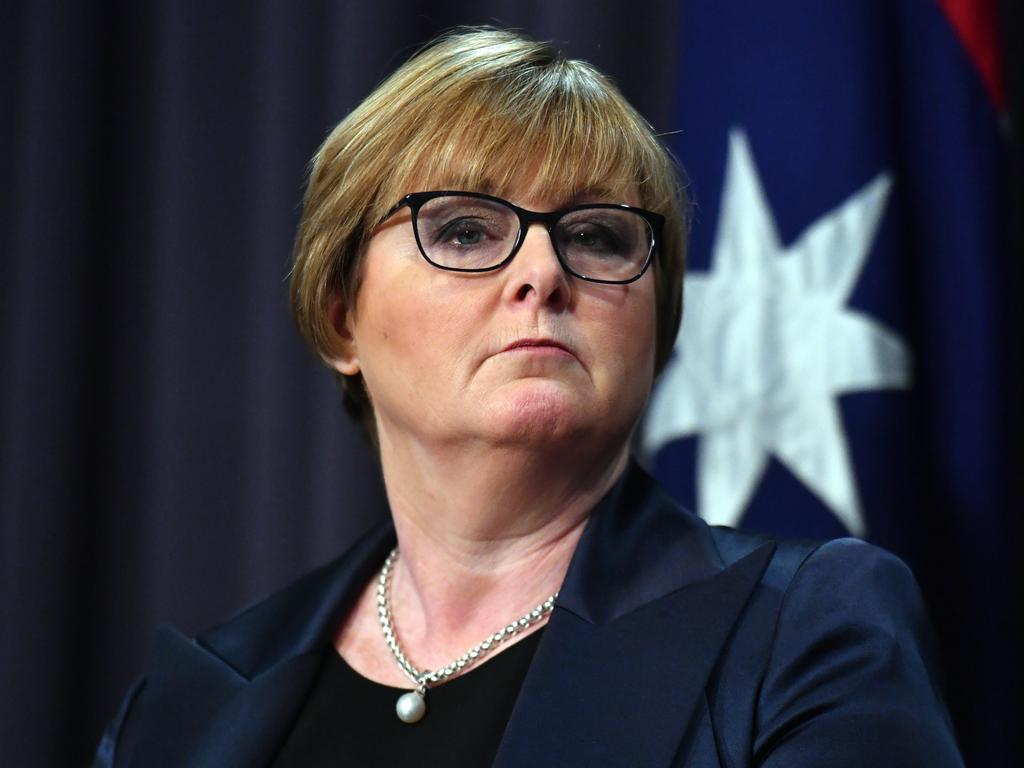Disability plan to tackle job shortages
The Morrison government will commit $250m to a 10-year plan aimed at getting more people with a disability into work.

A new jobs program will directly link Australians with disabilities to industries suffering worker shortages and autistic children will receive more help with the first year of school under a landmark national scheme.
The Morrison government will commit $250m to the 10-year plan, backed by all levels of government, aimed at getting more people with a disability into work and improving their housing and education options.
Social Services Minister Anne Ruston said the National Disability Strategy was critical to the nation’s future as “people with disability deserve to have the same opportunities as any other Australian”.
Specific program initiatives include $7.6m to connect people with disability to work in areas experiencing skills shortage, such as healthcare, food services, education and construction.
An $8.3m commitment to early childhood recognition of disability includes developing resources to assist schools and families navigate the first year of school of children showing characteristics consistent with autism.
The 2021-31 strategy, signed off by the Prime Minister and all state and territory leaders, will also focus on shifting community attitudes to the 4.4 million Australians, one in six, who live with disability, and on improving their safety and inclusion in all aspects of society.
More than $70m will be spent on improved reporting, data and research, including $40m to expand a pilot database that incorporates de-identified information on people with disability from more than 200 state and federal datasets.
Sitting alongside the overall strategy will be a 10-year disability employment strategy designed to increase the workplace engagement of people with disability and improve recruitment practice.
“Just 53.4 per cent of people with disability are in the labour force compared with 84.1 per cent of those without disability,” the employment strategy notes.
“This gap of over 30 per cent has remained largely unchanged since 2003. More than 113,000 people with disability are currently unemployed and looking to work.”
Affordable and accessible housing for people with disability is another policy priority in a strategy developed over two years of consultation with disability groups and individuals.
The federal government’s $250m commitment will be outlined in the mid-year economic and fiscal outlook. “Our focus should be on the ability and capability of each and every person so that people with disability can contribute and thrive in the classroom, workplace and wider community,” Senator Ruston said.
The employment strategy is prioritising finding ways to support organisations to hire, support, develop and retain more people with disability. Its advisory committee will be chaired jointly by Paralympian and tennis champion Dylan Alcott and businessman Simon McKean.
The new overarching strategy comes almost a year after the conclusion of the 2010-20 National Disability Strategy, which included the establishment of the National Disability Insurance Scheme.
The NDIS, which came at a cost of $23bn last financial year, covers those people with permanent and significant disabilities. It provides services to about 470,000 people, slightly more than 10 per cent of all Australians living with disability. The rest have less severe disabilities such as severe arthritis, chronic back issues, hearing loss, dementia and mood-affective disorders, including depression. Around 750,000 Australians receive the Disability Support Pension, which cost the federal budget about $18 billion in 2020-21
Disability advocates have highlighted the “all or nothing” system in disability, where people who qualify for the NDIS receive intensive supports, while services to non-NDIS eligible people with disability have become increasingly limited. Senator Ruston said the strategy would “create an overall more accessible, inclusive Australia for all 4.4 million Australians who live with disability. We should be mainstreaming into our thinking the inclusion of people with disability … into everyday life.”
She said driving better employment outcomes for people with disabilities hinged on “giving employers the tools and confidence to make the decision to give somebody who lives with disability a chance as an employee.”
Mr Alcott said Australia needed to shift the dial on employing people with disability. “Businesses, organisations – we all benefit when more people with disability have jobs and careers,” he said.







To join the conversation, please log in. Don't have an account? Register
Join the conversation, you are commenting as Logout